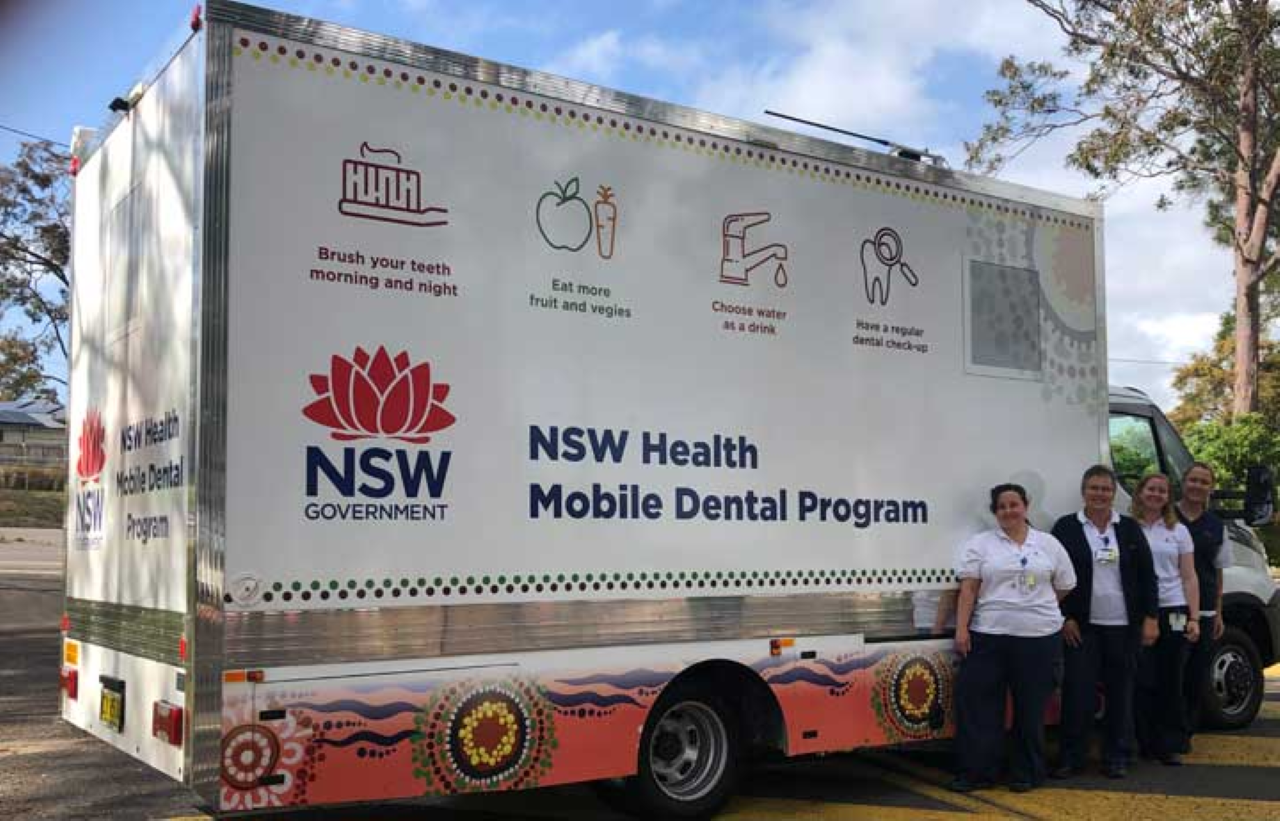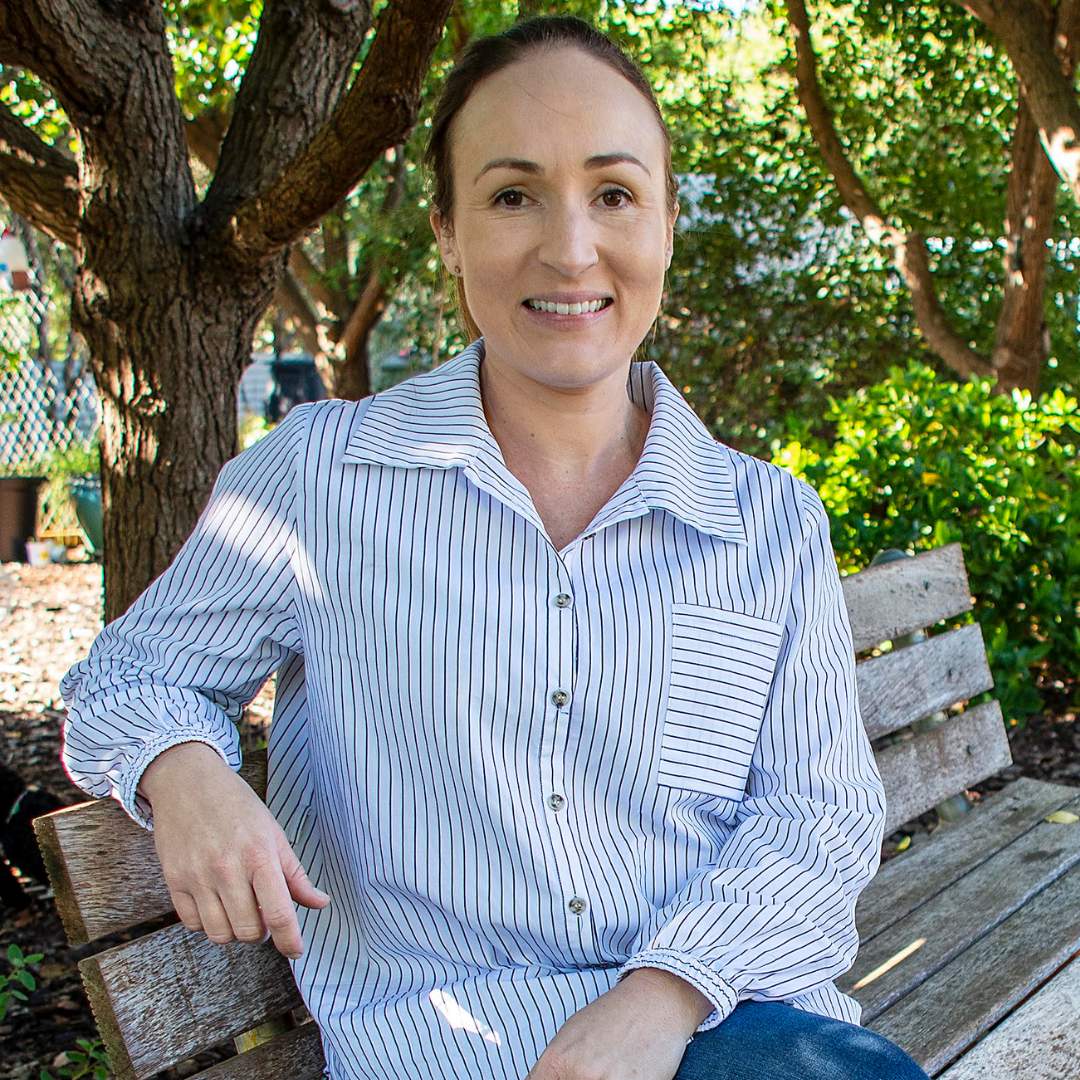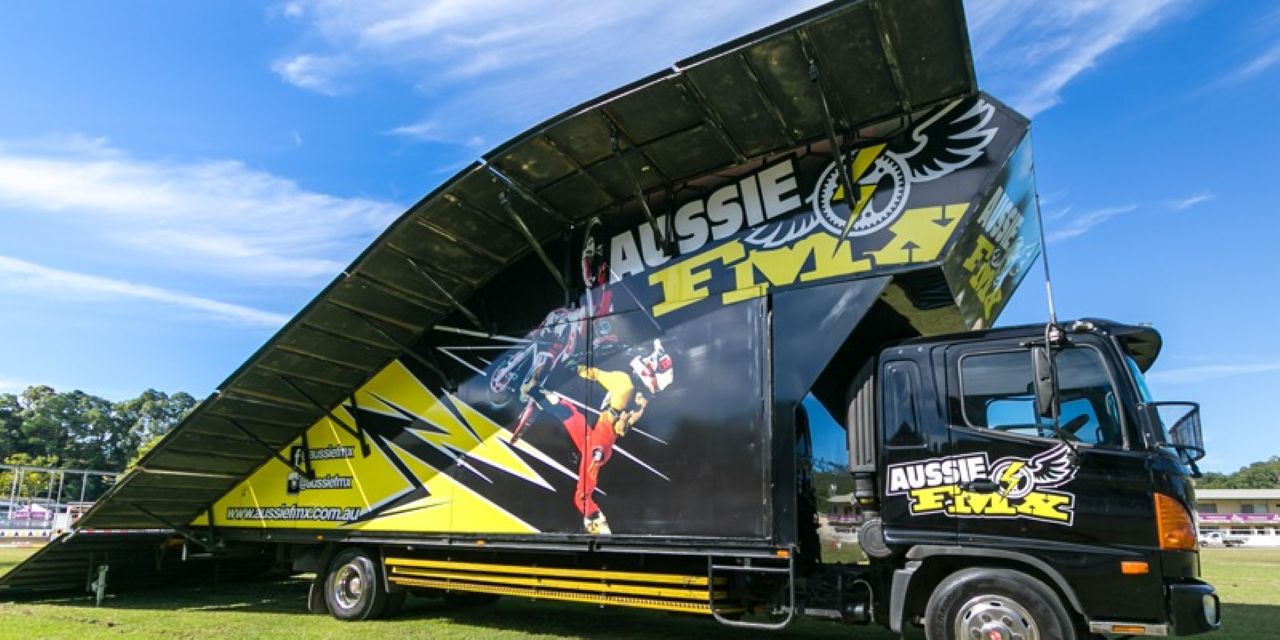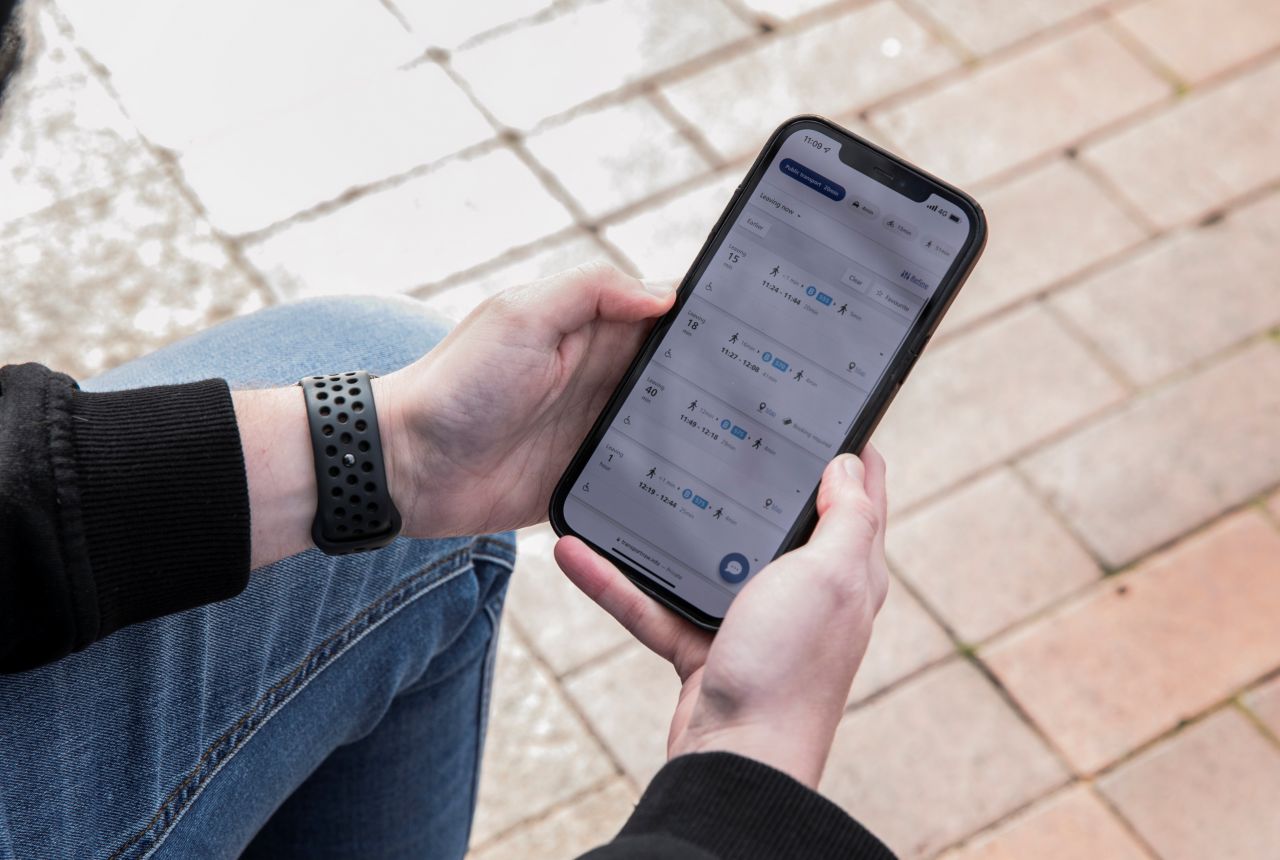Can mobile vans fix the decay in dental access?
Kristin Murdock
16 July 2025, 9:20 PM
 The NSW Health Primary School Mobile Dental Program has been active since 2019, and its hoped mobile dental vans will soon reach the broader community as well.
The NSW Health Primary School Mobile Dental Program has been active since 2019, and its hoped mobile dental vans will soon reach the broader community as well.Access to dental care remains a major concern for communities across the Western Plains where many towns have no resident dentist or struggle to retain long-term practitioners.
A recent $37.5 million investment from the NSW Government into the state’s Mobile Dental Van Program brings high hopes the situation will improve.
The Australian Dental Association NSW (ADA NSW) described the funding as “a vital step toward improving access to oral healthcare for regional, remote, and underserved communities.”
“For many patients in rural and remote areas, government-funded mobile dental vans can be the only practical option for accessing regular, affordable and timely dental care,” Dr Dominic Aouad,
President of ADA NSW said.
“This funding will go a long way to expanding those services and keeping them sustainable as demand continues to grow.”
A fragile network of local services
Dubbo-based dentist Dr Sophie Halpin, who is Chair of the ADA NSW Western Division, said the dental vans are particularly important in the smaller towns west of her practice.
“In a larger regional centre like Dubbo, there's still certainly capacity for dental vans to function,” she said.
“But really, they come into their own in smaller rural communities where there isn’t a dentist close by.”
Dr Halpin said towns like Coonamble, Brewarrina and Bourke have long struggled with dentist shortages.
“There are some towns that have had long-standing dental practices that may have been staffed by the same dentist, or a few different dentists over time,” she said.
“But anecdotally, I would say it’s becoming more difficult to staff small rural practices.
"Coonamble is probably a good example.
"There was a very long-term dentist there, but since he retired and moved from town, there have been multiple dentists come after him, but there hasn’t been great retention.”
Continuity of care at risk
The result, Dr Halpin said, is fractured care.
“Sometimes the clinic is partially staffed, so there’ll be someone there for a time, then nobody, then someone again,” she said.
“It’s quite difficult to establish continuity of care, and it’s particularly difficult for people who are in need of episodic or emergency care.”

Dubbo dentist, Dr Sophie Halpin said mobile dentistry vans would help fill the gap that exists for oral health access across the Western Plains.
“You may formulate a treatment plan with one dentist, but then find that changes mean that plan isn’t carried out.
"That lack of consistency makes it hard for patients to know where they stand.”
“It’s very tricky being a solo dentist in a small regional town.
"The professional isolation, limited support, and personal challenges make long-term staffing difficult.”
Taking dentistry mobile
The new funding is expected to help address this by expanding the availability of mobile dental vans.
These vans provide check-ups, preventative care and essential dental treatment to patients who might otherwise go without.
“There are some clinics that are periodically staffed, and there is some federal funding through schemes like the Children’s Dental Benefit Schedule or Veterans Affairs,” Dr Halpin said.
“But having something that’s more accessible to more people in their community will be really important.
“That’s why the vans play such a key role.
"They can go where dentists can’t always stay.”
Dr Aouad reinforced the broader benefits of better dental access.
“Oral health is not separate from overall health," he said.
"Preventive dental care and early intervention help reduce avoidable hospitalisations, support better nutrition, and contribute to managing chronic conditions like diabetes.”
The ADA NSW welcomed the government’s acknowledgment that dental care must be part of the broader healthcare system, especially for high-risk groups such as First Nations people and
disadvantaged children.
“This latest funding is an investment that will improve the oral health of thousands of patients in regional and remote areas of the state,” Dr Aouad said.
While no regions to receive this mobile service are yet to be confirmed, it’s hoped communities across the Western Plains will have access.
“The expansion of the Mobile Dental Van Program is a welcome move toward closing the gap in essential health care, bringing dentistry closer to home for those who need it most,” Dr Halpin said.



